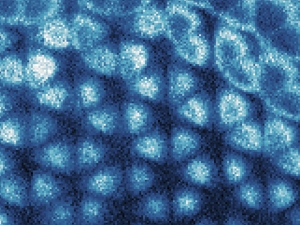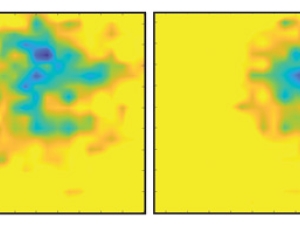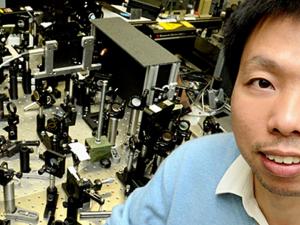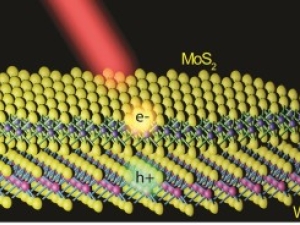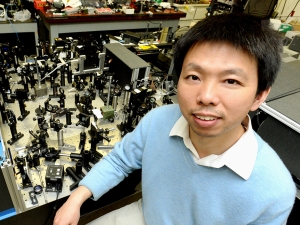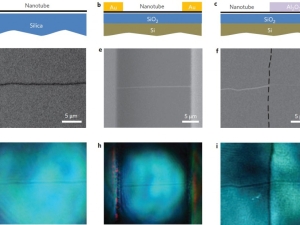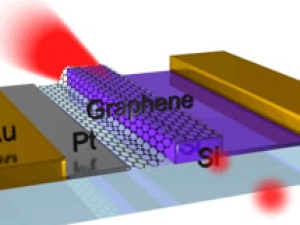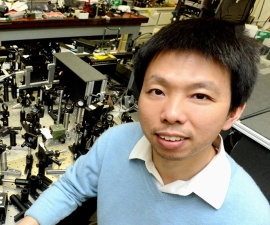

Research Bio
Feng Wang is a professor in the Department of Physics. His research group is interested in light-matter interaction in condensed matter physics, with an emphasis on novel physical phenomena emerging in nanoscale structures and at surfaces/interfaces. When electrons and phonons are confined in nanometer scale or at surface/interfaces, they respond differently to external stimuli. They investigate the unique nature and dynamics of such excited states using advanced laser spectroscopy techniques. Their laser spectroscopy has sensitivity down to individual nanostructures, together with time resolution of femtoseconds and spectral coverage extending from far-infrared, visible to UV.
Research Expertise and Interest
condensed matter physics, photonics, nanoscience
In the News
Physicists snap first image of an ‘electron ice’
Graphene ‘camera’ captures real-time electrical activity of beating heart
Graphene: A Talented 2D Material Gets a New Gig
When Semiconductors Stick Together, Materials Go Quantum
New Pathway to Valleytronics
Berkeley Lab Researchers Demonstrate Ultrafast Charge Transfer in New Family of 2D Semiconductors
A new argument has just been added to the growing case for graphene being bumped off its pedestal as the next big thing in the high-tech world by the two-dimensional semiconductors known as MX2 materials.
Using Carbon to Control the Light
Feng Wang is studying how electrical fields modulate the optical properties of a number of materials. The flip of a light switch – a nano-scale light switch – may some day dramatically boost the speed of data transmission, from streaming movies to accelerating the most data-intense computation.
Taking a new look at carbon nanotubes
Berkeley researchers develop technique for imaging individual carbon nanotube.
Five new Bakar Fellows pursue path to marketplace
Five UC Berkeley scientists eager to take their lab-bench discoveries into the marketplace have been awarded Bakar Fellowships to help them achieve their goals.
Graphene optical modulators could lead to ultrafast communications
UC Berkeley researchers have shown that graphene, a one-atom-thick layer of crystallized carbon, can be tuned electrically to modify the amount of photons absorbed. This ability to switch light on and off is the fundamental characteristic of a network modulator, opening the door to optical computing in handheld electronics.
Berkeley Lab Scientists Control Light Scattering in Graphene
Scientists at Berkeley Lab and UC Berkeley have learned to control the quantum pathways that determine how light scatters in graphene. As a sheet of carbon just a single atom thick, graphene’s extraordinary crystalline structure gives rise to unique electronic and optical properties. Controlling light scattering not only provides a new tool for studying graphene but points to practical applications for managing light and electronic states in graphene nanodevices.

